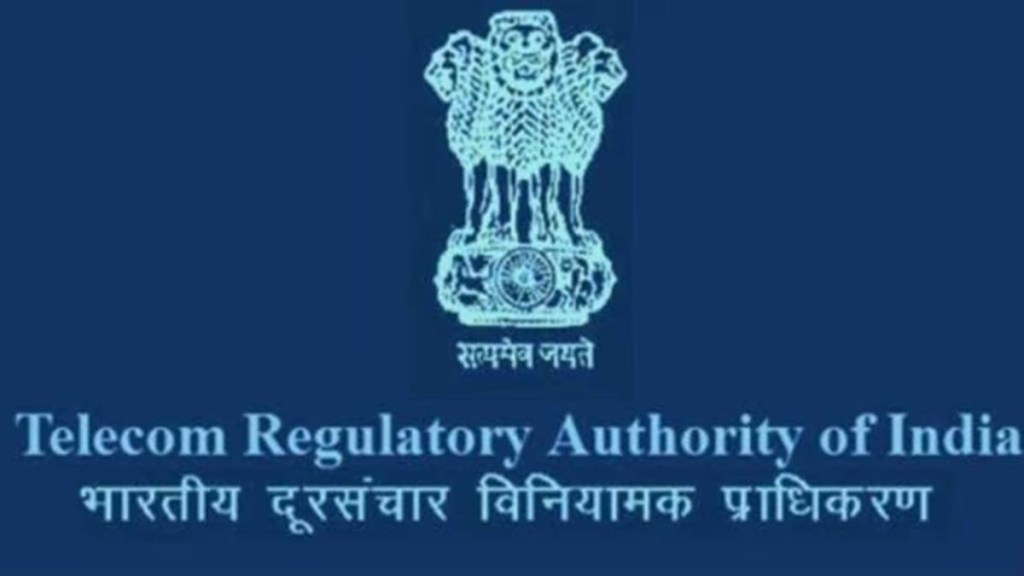The Telecom Regulatory Authority of India (Trai) on Wednesday said there is a need to review and put in place provisions, including regulating tariff for SMS and voice calls beyond a certain limit, to curb unsolicited commercial communication (UCC) from unregistered telemarketers (UTMs) using 10-digit numbers.
The same assumes significance in light of the increase in complaints against unregistered telemarketers sending spam calls and messages through 10-digit phone numbers. Trai noted that there is a possibility that UTMs may be using unlimited voice call package tariff offers of the service providers to push a large number of promotional voice calls to consumers using multiple connections.
“As such, the availability of an alternate path for pushing large quantum of messages/calls by UTMs using 10-digit numbers defeats the purpose and framework envisaged under TCCCPR-2018 (Telecom Commercial Communications Customer Preference Regulations),” Trai said in a consultation paper on review of TCCCPR-2018 regulations.
According to January-March quarter data shared by telecom operators with Trai, 99.38% of the 1.16 billion telecom subscribers send less than or equal to 10 SMS per day per SIM. Only 364,127 (0.03% of total subscribers) send between 51 to 100 SMS per SIM per day, whereas only 47,427 (0.004% of total subscribers) send more than 100 SMS per SIM per day.
Average number of outgoing voice calls per day per SIM reveals that 99.87% of the telecom subscribers make up to 50 outgoing voice calls per day per SIM. Only 78,703 (0.01% of total subscribers) make more than 100 voice calls per day per SIM.
“It is felt that differential tariff may make commercial communication using 10-digit numbers unviable for unregistered telemarketers and encourages them to move to DLT where consent is mandatory and aims to protect consumers with measures such as OTP system,” Trai said.
In the consultation paper on the subject, Trai has sought comments on need to mandate explicit consent of users for receiving promotional communications, process to be followed to scrub such content before the delivery to consumers, redressal of consumer complaints, proactive actions to stop UCCs, financial disincentives to be proposed, need for differential tariffs, among other issues.
As per the draft regulations by Trai, if telecom operators are found to have failed to take action against the unregistered senders, they will be liable to pay Rs 10,000 per instance, if the sender is an individual category of telecom consumers and Rs 100,000 per instance if the sender is an enterprise category of telecom consumers. Trai said if the access provider is found to have misreported the count of UCC, it will have to pay Rs 5 lakh penalty per licensed service area for each month.
The total amount payable as financial disincentives shall not exceed Rs 50 lakh per calendar month per LSA, according to Trai’s draft regulations.
According to a survey by LocalCircles of 41,000 people, 76% claim that they get 3 or more promotional or spam SMS on their phone every day. Eight of ten citizens surveyed who are registered on DND list say they still get unwanted SMS. According to the survey, financial services and real estate sectors are top senders of spams. 50% of respondents indicated they get unwanted SMS selling financial services. 32% of those surveyed indicated they get spam messages related to selling real estate, the survey report said.
Further, 87% of citizens surveyed say that they are receiving unwanted SMS from mobile numbers and from coded senders that are hard to associate with a company/ brand.
“It is not only the nuisance of getting unwanted SMS that is worrisome but also the risk it poses for the unwary who may fall into traps laid by fraudsters,” LocalCircles said.
“It is hoped the new Indian Telecommunications Bill, 2023, together with the ‘Guidelines for the Prevention and Regulation of Unsolicited and Unwarranted Business Communication, 2024’, the proposed separate numbering series and the new TRAI measures to deter spammers will help protect the consumers against the menace of spam SMS and its negative impact,” it added.
Lately, Trai has asked operators to permit only whitelisted URLs, APKs, OTT links, or call back numbers effective September 1.
Trai directed telcos to disconnect all telecom resources of unregistered telemarketers found making spam calls, and to blacklist them for up to two years.








